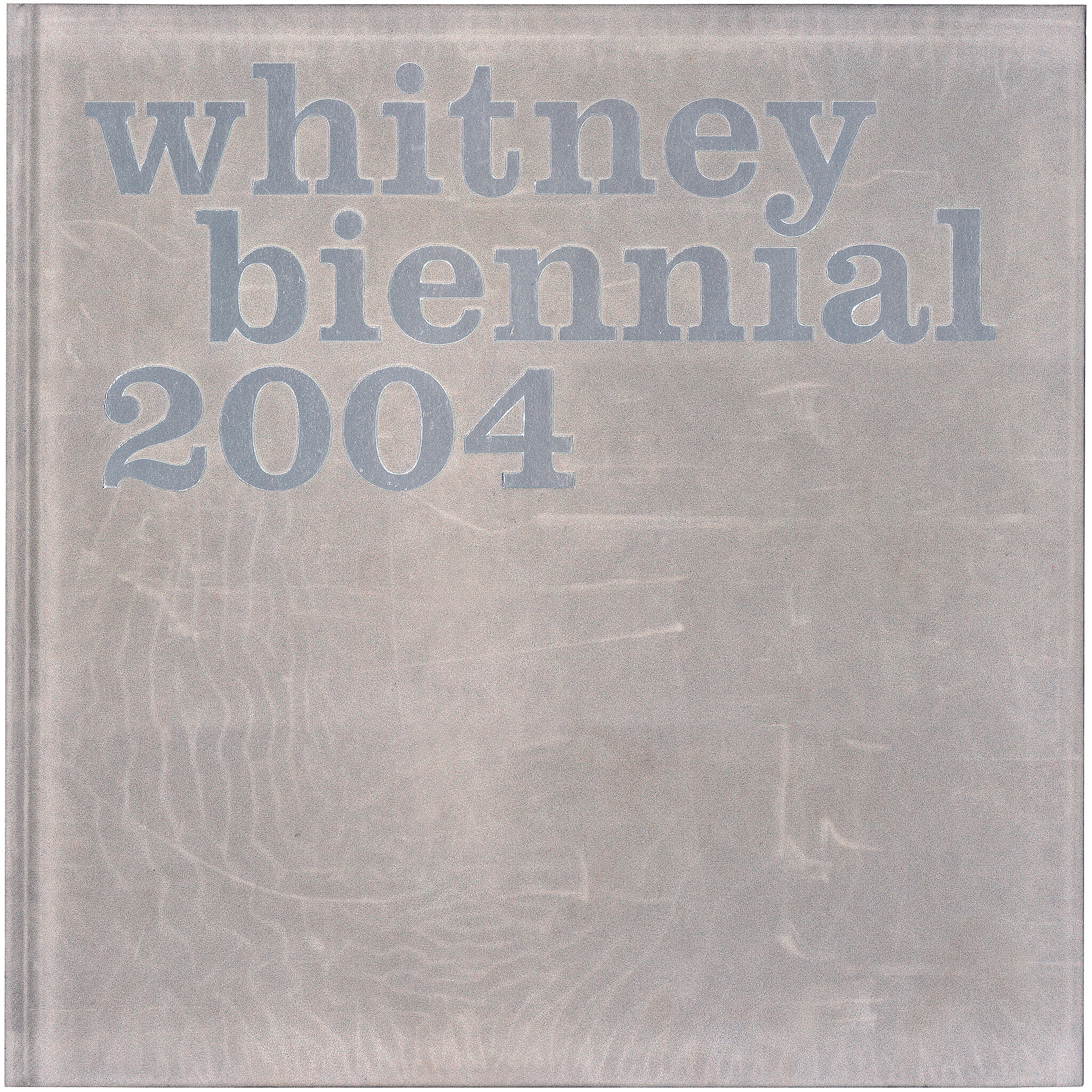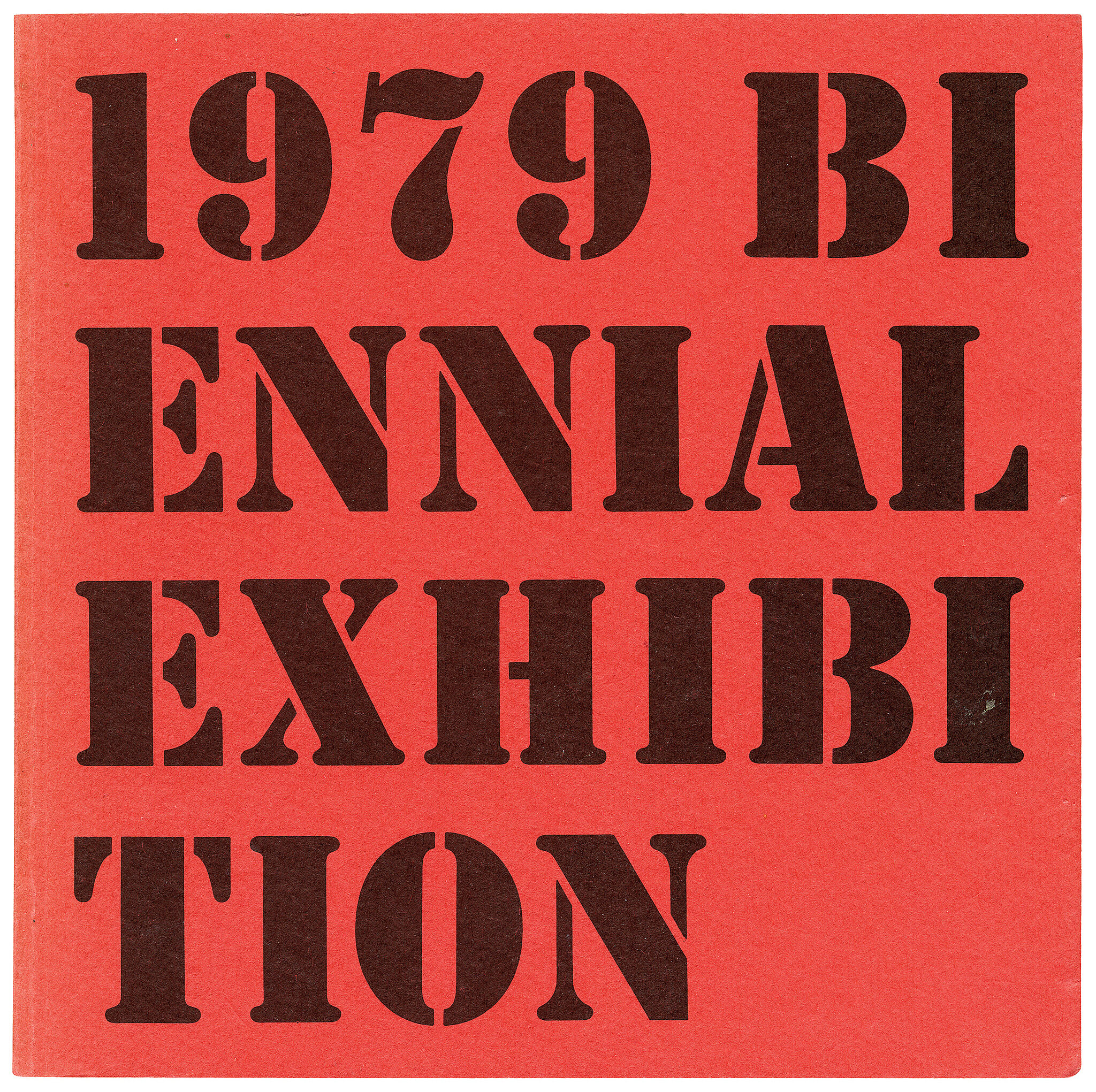Jonas Mekas
1922–2019
Experimental filmmaker Jonas Mekas has made more than one hundred films and has played an active role in New York’s avant-garde film community for more than fifty years. He started the journal Film Culture in 1954; began writing criticism for the Village Voice in 1958; and, in 1969, cofounded Anthology Film Archives, a screening space, museum, and library in New York.
During World War II the Lithuanian- born Mekas was imprisoned in a Nazi labor camp because of his Slavic heritage; he managed to escape, but ended up living in refugee camps in Germany for four years. His time spent watching films in the camps fostered a lifelong interest in cinema. When Mekas arrived in New York in 1949, he began making a documentary about the experience of being displaced by war. Although he never fully realized the project, his footage points to the loneliness of his immigrant status. His subject matter soon expanded to include unscripted records of his personal life and the New York art scene, as well as poetic and fantastical sequences. To assemble the six-reel opus Lost Lost Lost, Mekas selected passages from hours of material shot between 1949 and 1963, including his earliest documentary-style material. The resulting film constitutes a journey of artistic and personal self-discovery; in successive reels a gestural and expressive style emerges, and by the end the air of loneliness begins to ease. As the artist has explained, “By reel six one cannot say that I feel lost anymore; paradise has been regained though cinema.”
Introduction
Jonas Mekas (; Lithuanian: [ˈjonɐs ˈmækɐs]; December 24, 1922 – January 23, 2019) was a Lithuanian-American filmmaker, poet, and artist who has been called "the godfather of American avant-garde cinema". Mekas's work has been exhibited in museums and at festivals worldwide. Mekas was active in New York City, where he co-founded Anthology Film Archives, The Film-Makers' Cooperative, and the journal Film Culture. He was also the first film critic for The Village Voice.
In the 1960s, Mekas launched anti-censorship campaigns in defense of the LGBTQ-themed films of Jean Genet and Jack Smith, garnering support from cultural figures including Jean-Paul Sartre, Simone de Beauvoir, Norman Mailer, and Susan Sontag. Mekas mentored and supported many prominent artists and filmmakers, including Ken Jacobs, Peter Bogdanovich, Chantal Akerman, Richard Foreman, John Waters, Barbara Rubin, Yoko Ono, and Martin Scorsese. He helped launch the writing careers of the critics Andrew Sarris, Amy Taubin, and J. Hoberman.
During World War II, Mekas edited and contributed to two far-right, collaborationist newspapers under the Nazi occupation of Lithuania, the significance of which has been debated by historians.
His major films include The Brig (1964), Walden: Diaries Notes and Sketches (1968), and Reminiscences of a Journey to Lithuania (1972). His early poetry collection Idylls of Semeniskiai (1948) is a celebrated work in his native Lithuania.
In 2024, the Centre Pompidou dedicated its annual Poetry Day to Mekas, following past editions honoring figures such as Patti Smith and John Giorno. The event, which included readings, screenings, and performances celebrating his literary and cinematic legacy, was held across multiple cities, including Paris, Lviv, Seoul, Los Angeles, Vilnius, and Tehran.
Wikidata identifier
Q699702
Information from Wikipedia, made available under the Creative Commons Attribution-ShareAlike License . Accessed February 14, 2026.
Introduction
Filmmaker, curator, archivist, critic and spokesperson for films variously known as experimental, underground, or avant-garde. Beginning in 1958, he wrote a column, Movie Journal, for The Village Voice. He founded the magazine Film Culture with his brother Adolfas Mekas, published quarterly from 1955 to 1996. He co-founded and both the Film-Maker's Cooperative and the Anthology Film Archive. He was active almost entirely in New York City from 1949.
Country of birth
Lithuania
Roles
Artist, author, cinematographer, photographer, poet
ULAN identifier
500094053
Names
Jonas Mekas
Information from the Getty Research Institute's Union List of Artist Names ® (ULAN), made available under the ODC Attribution License. Accessed February 14, 2026.



